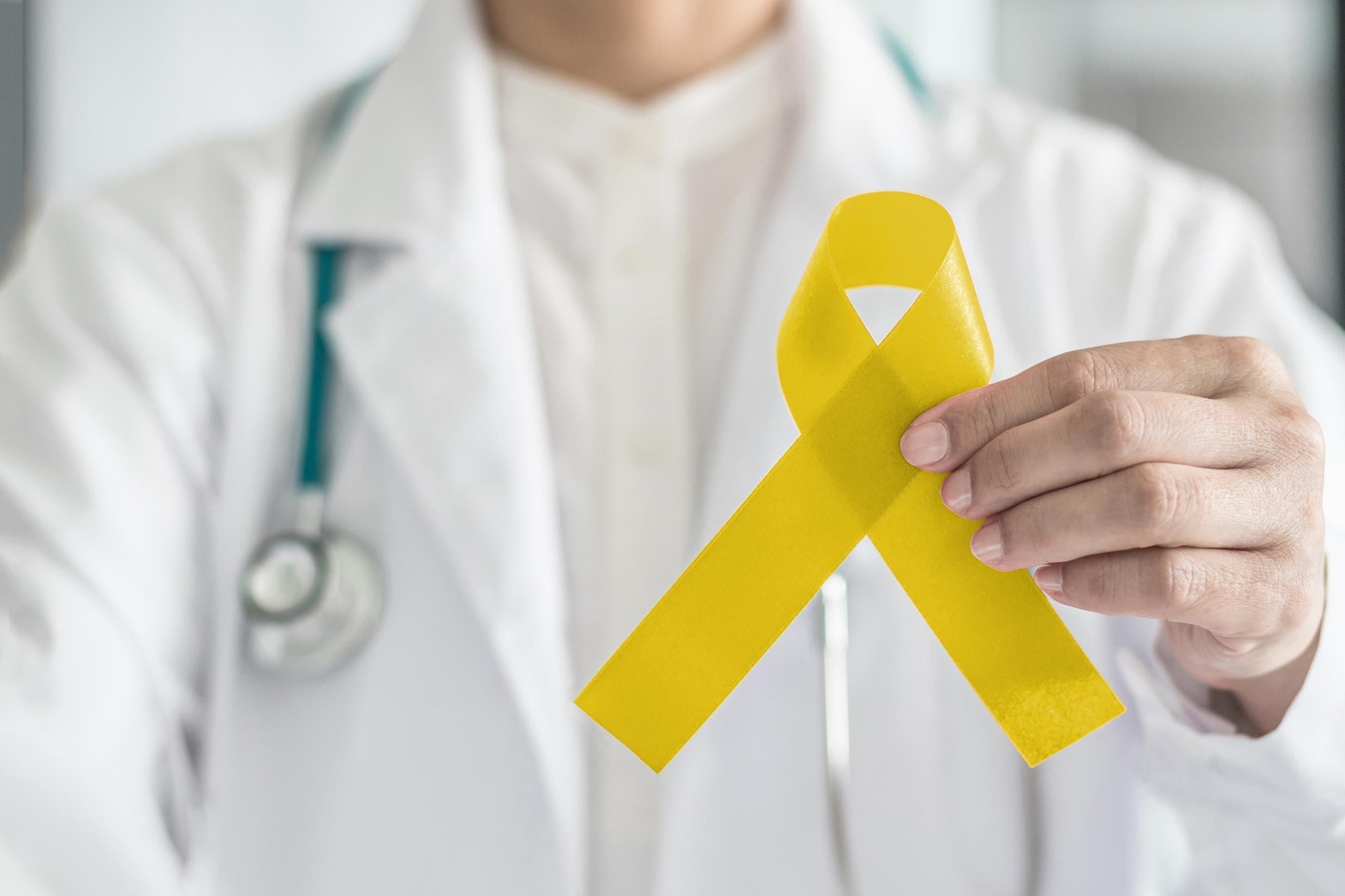One person dies by suicide every 40 seconds, World Health Organisation reports
Close to 800,000 people die by suicide every year

One person takes their own life every 40 seconds, the World Health Organisation (WHO) has found, despite the number of people dying by suicide worldwide declining.
The figures, according to WHO, show the continued work that needs to be done by some countries to prevent preventable deaths by suicide.
Each year, close to 800,000 people die to suicide, the organisation reports, with suicide being the second-leading cause of death among young people aged 15-29, after road injury.
According to WHO, the “global phenomenon” affects all regions of the world, and requires the help of countries around the globe to implement suicide prevention tactics.
“Despite progress, one person still dies every 40 seconds from suicide. Every death is a tragedy for family, friends and colleagues. Yet suicides are preventable," said WHO director-general Dr Tedros Adhanom Ghebreyesus. "We call on all countries to incorporate proven suicide prevention strategies into national health and education programmes in a sustainable way."
Although the number of countries with national suicide prevention strategies has increased in the last five years, according to WHO, it includes just 38 countries - a number the organisation described as “far too few”.
The new report, which was published a day before World Suicide Prevention Day on 10 September, also found that countries with high-incomes had some of the highest suicide rates between 2010 and 2016.
“While 79 per cent of the world’s suicides occurred in low- and middle-income countries, however, high-income countries had the highest rate [of suicide] at 11.5 per 100,000 people,” the report states.
In high-income countries, nearly three times as many men as women die by suicide, while the the rate is more equal in low- and middle-income countries.
However, according to WHO, the deaths are preventable through certain methods.
The report states: “Key interventions that have shown success in reducing suicides are restricting access to means; educating the media on responsible reporting of suicide; implementing programmes among young people to build life skills that enable them to cope with life stresses; and early identification, management and follow-up of people at risk of suicide.”
Following its findings, the organisation, in collaboration with global partners, the World Federation for Mental Health, the International Association for Suicide Prevention and United for Global Mental Health, is launching the 40 seconds of action campaign.
The campaign aims to raise awareness of the scale of suicide around the globe and the role that each person can play in preventing it. The month-long campaign cumulates on World Mental Health Day, which takes place 10 October.

If you are a young person in need of mental health support, you can contact the free YoungMinds Crisis Messenger service by texting YM to 85258 or contact Childline by calling 0800 1111 for free.
If you are an adult in need of mental health support, you can contact the free Samaritans helpline on 116 123.
Join our commenting forum
Join thought-provoking conversations, follow other Independent readers and see their replies
Comments
Bookmark popover
Removed from bookmarks